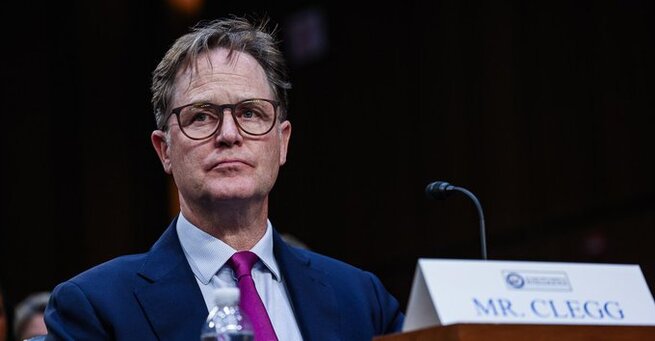
Can AI companies train models using artists' work without permission? According to Nick Clegg, former UK Deputy Prime Minister and ex-Head of Global Affairs at Meta, imposing mandatory artist consent for AI model training could “kill” the industry overnight. This claim addresses rising concerns over the use of copyrighted content in AI systems and how regulatory decisions might impact the booming AI sector in the UK. As policymakers debate this crucial issue, stakeholders are grappling with the balance between creative rights and AI innovation.
During a recent event promoting his new book, Clegg asserted that while creators should have the right to opt out of having their content used for AI training, requiring explicit permission upfront is impractical. "I think the creative community wants to go a step further," he explained. "Quite a lot of voices say, ‘You can only train on my content if you first ask.’ And I have to say that strikes me as somewhat implausible because these systems train on vast amounts of data." His remarks highlight the challenges of reconciling data privacy, copyright protection, and the demands of AI development.
Clegg’s comments come at a critical time when the UK Parliament is considering amendments to the Data (Use and Access) Bill, aiming to enforce greater transparency from AI companies. The proposed legislation would require disclosure of which copyrighted works were used to train AI models, a move backed by hundreds of high-profile artists and creatives, including Paul McCartney, Dua Lipa, Elton John, and Andrew Lloyd Webber. These industry leaders argue that greater transparency will strengthen copyright protection and ensure fair compensation for original content creators.
However, not everyone agrees. Technology Secretary Peter Kyle recently opposed the proposed amendment, emphasizing that both AI innovation and the creative industries are essential to the UK economy’s growth. He suggested that over-regulating AI could stifle the sector’s rapid expansion and undermine the country’s competitive edge in global technology markets. This view reflects broader debates about balancing innovation incentives with creators’ rights, especially as AI adoption accelerates in areas like big data analytics, cloud computing, and digital marketing.
Beeban Kidron, a leading advocate for creative rights and the bill’s sponsor, remains undeterred. She argued that disclosure requirements would not only protect artists but also promote ethical AI practices and prevent unauthorized use of copyrighted materials. "The fight isn’t over yet," she wrote in a recent op-ed in The Guardian, as the bill heads to the House of Lords for further debate in early June.
This debate underscores a growing tension in the global tech landscape. As AI models continue to disrupt industries—from programmatic advertising to search engine optimization (SEO)—governments are grappling with how to regulate powerful algorithms trained on vast datasets, including copyrighted works. The UK’s decision could set a precedent for other nations navigating similar challenges in AI regulation, data privacy, and copyright enforcement.
For now, the fate of the AI industry in the UK hangs in the balance, as lawmakers consider whether mandating explicit artist consent will spur creativity and fairness—or stifle innovation and competitiveness.
𝗦𝗲𝗺𝗮𝘀𝗼𝗰𝗶𝗮𝗹 𝗶𝘀 𝘄𝗵𝗲𝗿𝗲 𝗿𝗲𝗮𝗹 𝗽𝗲𝗼𝗽𝗹𝗲 𝗰𝗼𝗻𝗻𝗲𝗰𝘁, 𝗴𝗿𝗼𝘄, 𝗮𝗻𝗱 𝗯𝗲𝗹𝗼𝗻𝗴. We’re more than just a social platform — from jobs and blogs to events and daily chats, we bring people and ideas together in one simple, meaningful space.